News
Helping young people take charge of their bodies, their lives, our world
- 12 August 2019
News
UNITED NATIONS, New York – Every year on 12 August, leaders around the world commemorate International Youth Day. On this day, powerful figures have praised the contributions of young people. They have called for more decision-making opportunities for youth. Then they have continued to run the show.
But youth are ready for more.
There are 1.8 billion young people between the ages of 10 and 24. They are a quarter of the global population, coming of age in a rapidly changing political, social and economic landscape. And they are demanding more from their governments and leaders: they want a seat at the table.
UNFPA agrees. On Monday, UNFPA is launching “My Body, My Life, My World,” a strategy that aims to help empower young people to make their own choices and determine their own futures. They, in turn, will be able to shape and improve the world around them.
And to commemorate International Youth Day, UNFPA is highlighting the voices of eight young people from around the world. Together, their experiences demonstrate some of the connections between their rights, their bodies, their lives and our world.
Leaders agree that sexual and reproductive health and rights are necessary for achieving sustainable development. But all too often, young people lack the information and care they need to protect themselves from sexually transmitted infection (STIs), unintended pregnancy and other life-altering risks.
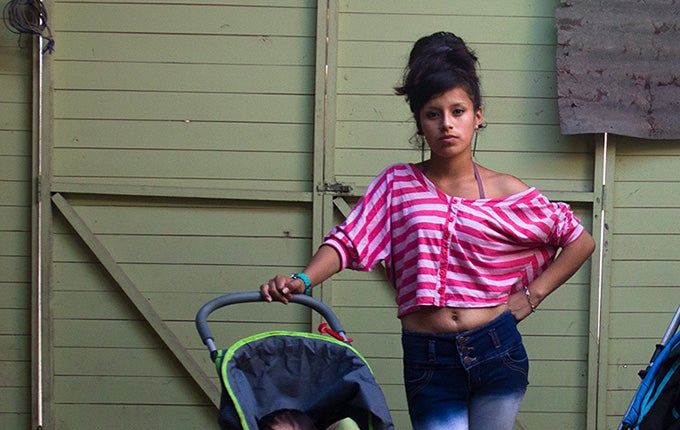
Angie’s only exposure to family planning information had come from her peers. “I did not have information at school. I did not talk about it with my mother either," she said.
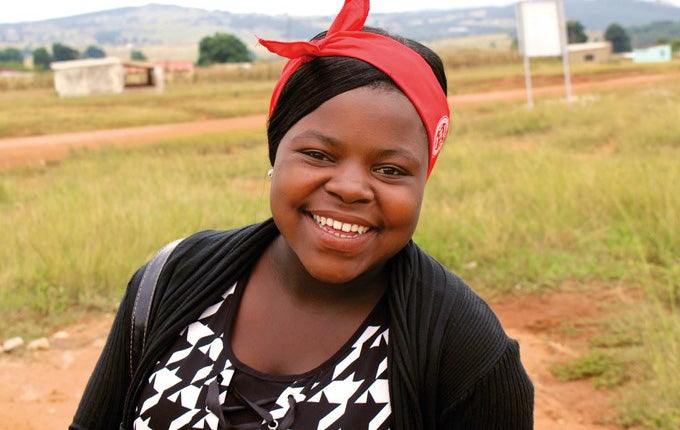
On the other side of the world, Takhona faced the same issues.
Like Angie, she was not taught about sexual and reproductive health in school. “I did not I didn’t know about pregnancy and HIV and STIs,” she said. But she learned how to keep herself safe through the UNFPA-supported programme Safeguard Young People. Today, she is an advocate,helping to share this information with her community. “I’m looking to my own very bright future,” she told UNFPA.
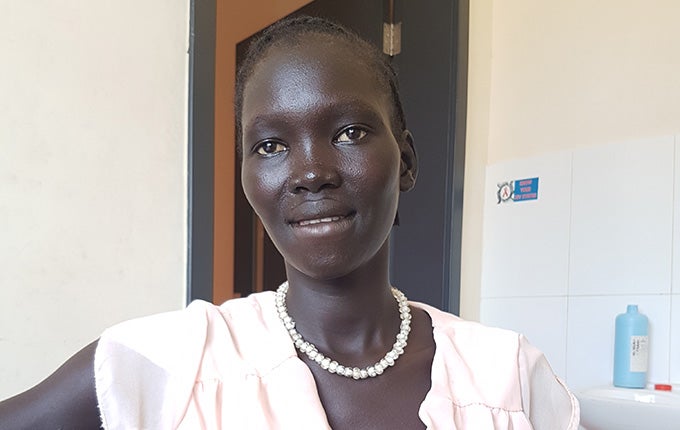
Accurate reproductive health information also empowered Elizabeth Ayumpou Balang to make informed choices about motherhood.
“If I follow cultural norms, I am not supposed to practice family planning,” she told UNFPA. But after having one child as a teenager, she wanted to go back to school, and her husband was supportive.
Today, Elizabeth is a teacher, and she brings these lessons to her classroom: “We teach these subjects so they become aware of gender issues and their rights, especially the girls.”
When young people are able to secure their health, and when they are supported with education and opportunities, they can overcome all kinds of barriers.
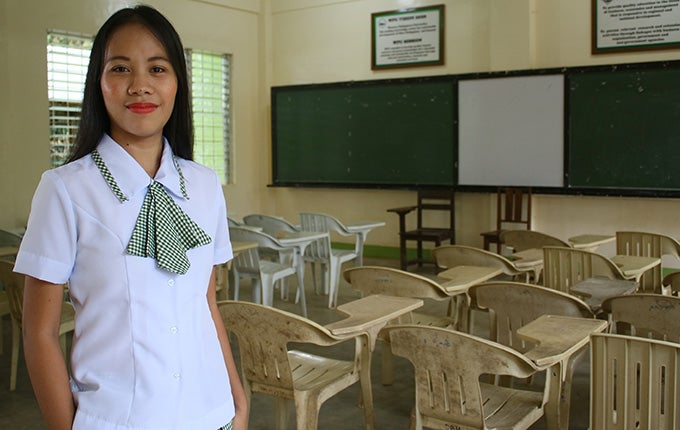
These young people are also better equipped to demand their rights. “It means a great deal to me and many other girls that our voices are heard,” Shaina told UNFPA.
Education strengthened Ghalia’s* resilience, as well. She dropped out of school when her family fled the violence in Syria. But she felt her life turn around when she enrolled in a literacy course.
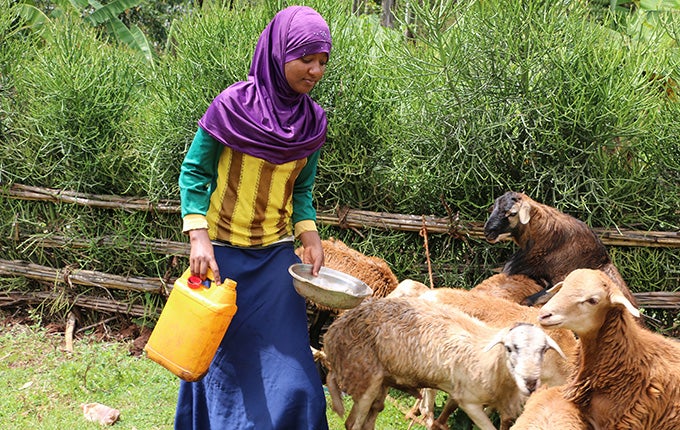
In Ethiopia, Salia saw her horizons expand thanks to vocational training. Through a girls’ empowerment programme, started raising livestock, and the resulting income has helped her avoid child marriage.
Healthy, informed and supported youth are able to effect positive change in their communities and countries.
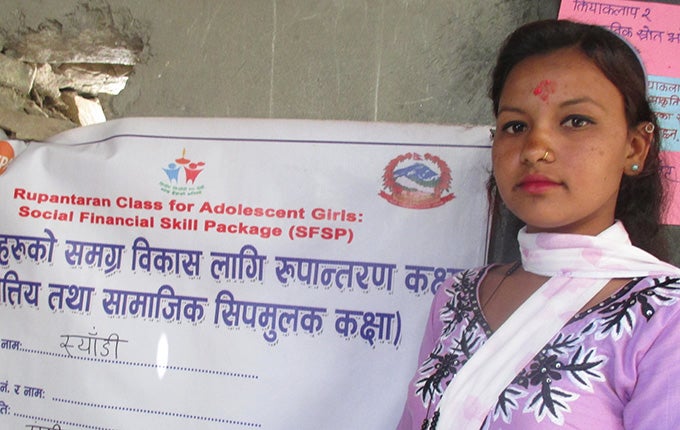
After participating in a leadership workshop in Nepal, Sangita started running a girls’ group that campaigns against gender-based violence and child marriage.
And in Uganda, Matovu Badru Kasozi learned healthy behaviours and business skills from a youth programme. Today, he teaches other young people about their health and rights.
He also runs his own small business, and is able to provide employment to other young people.
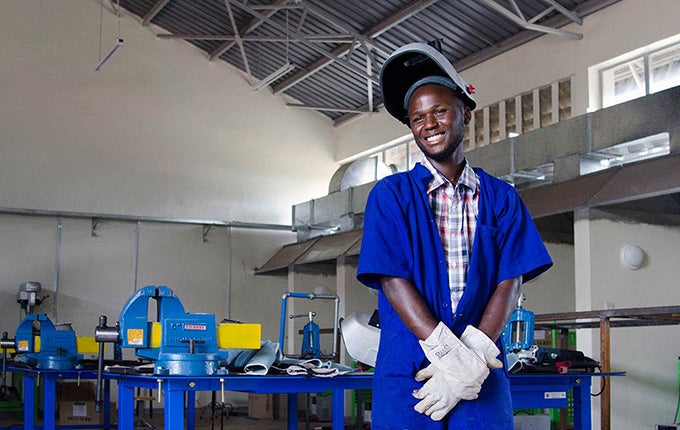
He wants all young people to feel emboldened to choose their own path. “You have to know how you prepare your life, how you fight for your life.”
*Name changed for privacy and protection